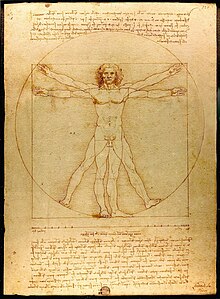First...firmitas.
If you want to build something...consider strength first.
Vitruvius, a Roman, was a 1st Century BC architect, engineer, and author. He wrote what many believe to be the first treatise on architecture - 'De Architecura' - outlining among other things the virtues that a good building should possess.
Vitruvius taught that a good building must possess firmitas, utilitas, venustas...strength, function, and delight or beauty.
NOTE: of the 3 attributes, strength comes first.
This explains why numerous Roman constructions exist to this day: roads, bridges, buildings, and aqueducts. For example, the aqueduct pictured below remained in operation until early 20th Century...nearly 2000 years after its construction.

Aqueduct of Segovia, in modern Spain.
For buildings, strengths is the first consideration.
The same applies to business...
In business, strengths are the first consideration...and business strengths exist in people.
Lead with talents & strengths.
Footnote:
Vitruvius also studied people and their 'construction'...Vitruvius' work was captured about 1500 years later by the Leonardo da Vinci (Homo Vitruvianus, "Vitruvian Man").

From Wikipedia: Vitruvian Man by Leonardo da Vinci, an illustration of the human body inscribed in the circle and the square derived from a passage about geometry and human proportions in Vitruvius' writings